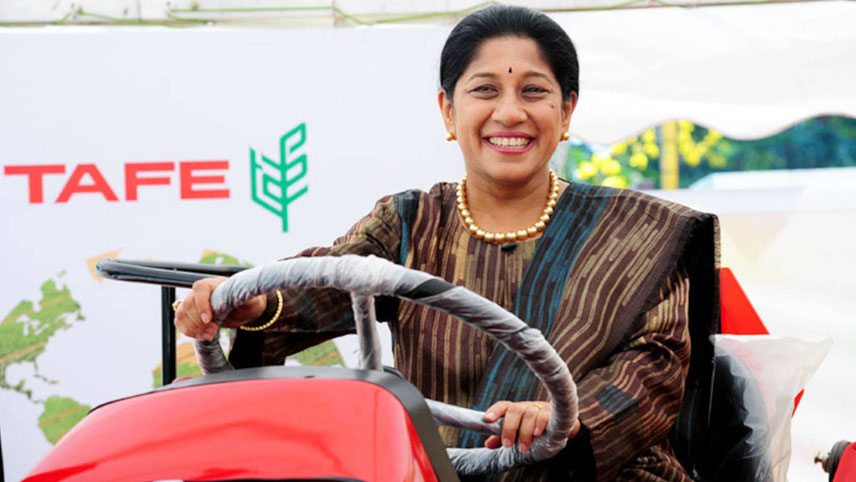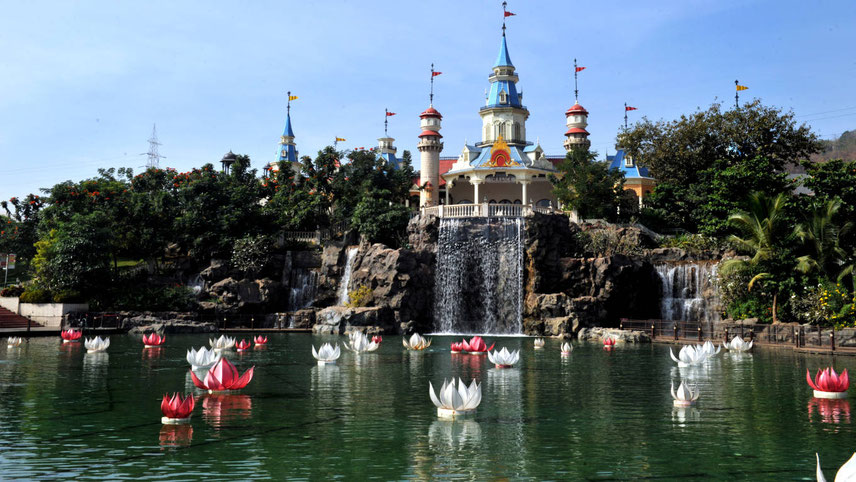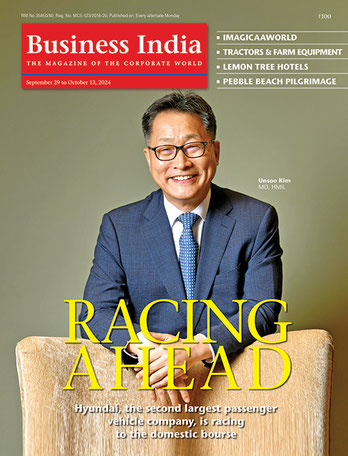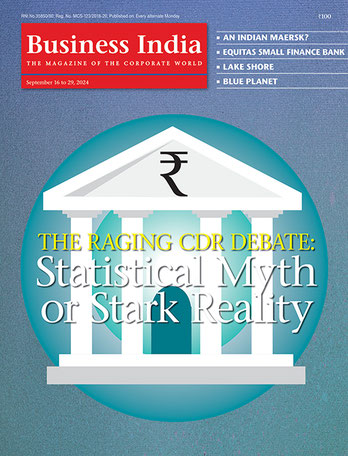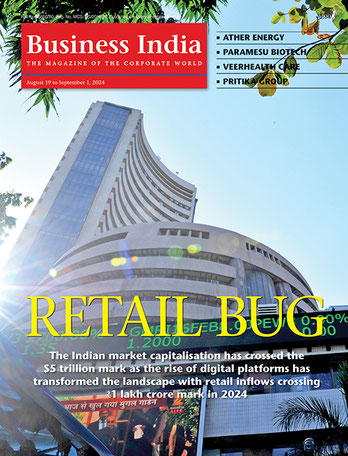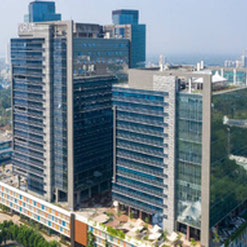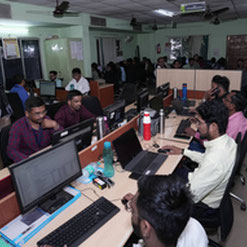
From inception, the UN has been a creator and facilitator of innovative ideas in geopolitical economy. The quality and diversity of its intellectual leadership and its value-based framework for dealing with the global challenges of our times has always embodied a vision of international co-operation among governments and people to build a more peaceful and prosperous world for all. The UN Global Compact (UNGC) is a voluntary initiative intended for businesses to answer that call. Kofi Annan, the late UN Secretary-General, addressing the Davos World Economic Forum in January 1999, challenged business leaders to join a ‘global compact of shared values and principles’ and ‘to give globalisation a human face’. Annan argued that shared values provide a stable environment for the global economy and encourage good corporate practices, which are meant to tackle the challenges brought on by globalisation. Following the 1999 meeting, Annan and a group of business leaders formulated nine principles, which have come to be known as the UN Global Compact. After a lengthy consultation, the 10th principle against corruption was added in June 2004. The 10 principles of the Global Compact focus on human rights, labour, environment, and anti-corruption and are derived directly from commitments of international covenants – the Universal Declaration of Human Rights; the International Labour Organisation’s Declaration on Fundamental Principles & Rights at Work; the Rio Declaration on Environment & Development; and the United Nations Convention against Corruption. Origins and growth The mission of the UNGC is to foster a more inclusive and sustainable relationship between business and societies. Businesses can pursue it through internalising UNGC and its principles in their business strategies and operation. UNGC aspires to facilitate cooperation and collective problem-solving between different stakeholders. It seeks to provide a universal language for corporate responsibility and an authoritative framework for businesses everywhere, regardless of size, complexity or location. UNGC has nurtured a network-based approach for the facilitation of multi-stakeholder CSR initiatives. The Local Networks advance the implementation of the 10 principles and catalyse business engagement on the broader goals of UN, including Sustainable Development Goals (SDGs) at the national level. They facilitate outreach, learning, policy dialogue, collective action, and partnerships. The networks scale action locally, helping to unite companies with communities and authorities to work together and address pressing issues. As countries differ widely with regard to their legislation around different aspects of responsible management, as well as their knowledge about and experience with relevant corporate practices, local networks help to contextualise discussions among business and non-business actors. The engagement mechanism used for participants includes: • leadership, in which the change is initiated by CEO commitment to the principles; • dialogue, including a multi-stakeholder approach to identify challenges and find solutions; • learning, by reinforcing dialogues through examples, case-studies and best-practices; and • outreach, by providing frameworks at the national, regional and sectoral levels. Over the years, UNGC’s vision, which was supported by 44 pioneering companies, has today grown to become the world’s largest sustainable business initiative. With 69 local networks, more than 10,000 businesses headquartered in 160 countries, representing more than 70 million employees worldwide, UNGC has become a global movement of businesses and stakeholders united to create the world we want. SDG: a key priority UNGC has worked towards change through thought leadership, scaling best practice and action globally and creating an enabling environment for sustainable change. Along with a set of Principles for Responsible Investment (PRI), which has more than 2,300 signatories, as well as a body of Principles for Responsible Management Education (PRME) designed to equip tomorrow’s responsible business leaders with sustainability acumen and awareness, UNGC is guided by 17 SDGs and the Paris Climate Agreement. The SDGs reflect the UN’s agenda for sustainable development until the year 2030.
















